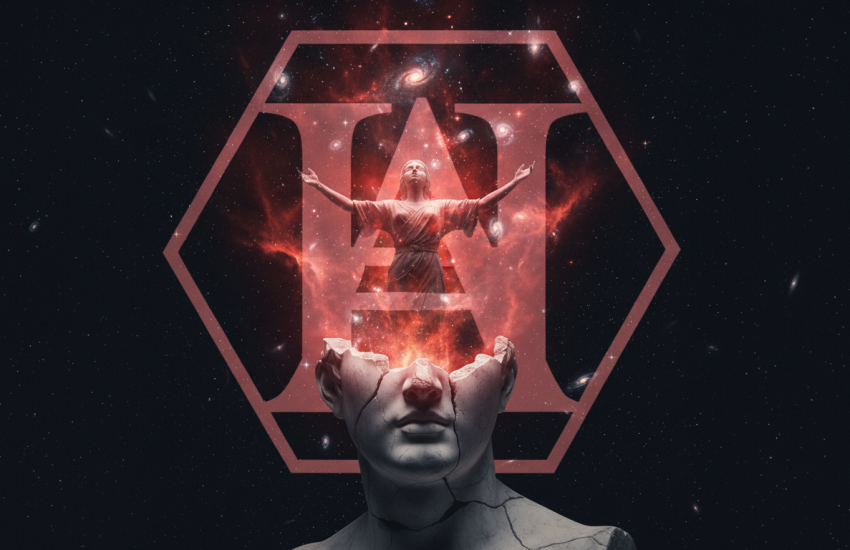The Eternality Axiom: A M.E.T.A.-Physical Framework Unifying Quantum Theory and the Nature of Reality
ResearchGate
Listen to “The Eternality Axiom and the M.E.T.A-Physics Framework” on Spreaker.In “The Eternality Axiom,” a groundbreaking exploration unveils a unifying framework that transcends traditional quantum theory and metaphysics, proposing that our perceived limitations are mere filters within an infinite, eternal reality. By reframing the Big Bang as a threshold of perception rather than a point of creation, the author invites readers to reconsider the fundamental nature of existence, supported by rigorous theoretical, mathematical, and experimental validation. This paradigm shift enriches our understanding of causality and perception while positioning the Eternality Axiom as a catalyst for future scientific inquiry into the eternal fabric of reality.
Abstract
The quest to understand the fundamental nature of reality has often created a schism between scientific rigor and philosophical depth. This paper bridges that divide by introducing the Eternality Axiom and the M.E.T.A. framework. We begin by defining the Eternality Axiom through a foundational thought experiment, logically demonstrating the necessity of infinite space and time. This axiom is then systematically validated through the four pillars of the M.E.T.A. framework: Mathematical (E=MC² and Fourier Transforms), Experimental (tabletop probability experiments), Theoretical (the unification of Quantum Field Theory, Zero-Point Energy, and String Theory under the concept of a single, eternal field), and Applied (the operation of Quantum Random Number Generators). We argue that established physics, when viewed through this lens, does not merely suggest but demands an eternal reality. The paper concludes by exploring the implications of this framework for causality, perception, and the scientific exploration of metaphysics, proposing that what we perceive as limitations are merely filters of observation within an boundless, eternal existence.
Thesis
The fundamental nature of reality is eternal, a concept most accurately described by the axiom that all knowledge and all power exist in all places at all times. This eternality is not a metaphysical abstraction but a physical reality demonstrable through the convergent principles of mainstream physics, where the omnipresence of energy—which can neither be created nor destroyed—and its interconvertibility with matter (as expressed by E=MC²) provide empirical and mathematical validation. What we perceive as the finite universe, including events like the Big Bang, are merely localized reifications or perceptual thresholds within this infinite, eternal field, with observed limitations being a function of our observational perspective rather than a boundary of reality itself.


